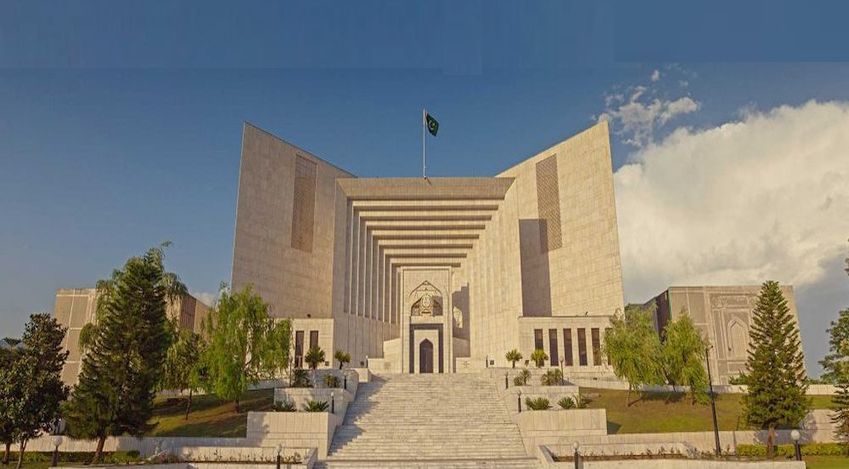Islamabad 02-04-2024: The Civil Petition 1393-L of 2020 was heard by three Members Bench consisting of Honourable Judges Mr. Justice Syed Mansoor Ali Shah, Mr. Justice Jamal Khan Mandokhail and Mr. Justice Athar Minallah examined that the scope and extent of MHO (Mental Health Ordinance). This law deals with the care and treatment of mentally disordered persons, management of their property and other related matters. Under Section 29 of the MHO, whenever a person is possessed of property and is alleged to be mentally disordered, the Court of Protection may, upon an application by any of his relatives filed after having obtained consent in writing of the Advocate-General, direct an inquiry for the purposes of ascertaining whether such person is mentally disordered and incapable of managing himself, his property and his affairs. In case any person is found to be mentally disordered and incapable of taking care of himself, the Court of Protection appoints a guardian under Section 32 of the MHO. A guardian so appointed under MHO is someone who is legally appointed to take care of and manage the personal and property interests of a mentally disordered person.
The scope of the MHO is thus different and broader when compared to that of Order XXXII of the CPC. It provides for care and treatment of mentally disordered persons, for the management of their properties and their affairs and to encourage community care of such persons. It is not limited only to representation before court in a suit. While the MHO does not specifically provide for representation before court while suing or being sued but it goes without saying that once a guardian is appointed by the Court of Protection he is to ordinarily act as the next friend and the guardian for the suit for the purposes of Order XXXII of the CPC (see Rule 4(2) of the said Order). The important thing is that where no such guardian has been appointed under the MHO, it does not preclude the Civil Court, or the Banking Court in the present case, to proceed and appoint a guardian for the suit under Order XXXII, so that the interest of a mentally disordered person is protected before the court of law and also ensures the continuation and efficient conclusion of the trial. The Banking Court, therefore, has the power to determine the unsoundness of mind or mental infirmity of a person on an inquiry under Order XXXII of the CPC based on the evidence and appoint a guardian for the suit for the limited purpose of representation before the court of law, without first seeking an appointment of a guardian under the MHO. The High Court has, therefore, committed a legal error by dismissing the appeal filed by the petitioner holding that the petitioner’s brother had to first adjudged as a person of unsound mind under the MHO before an application could be moved under Order XXXII before the Banking Court.








